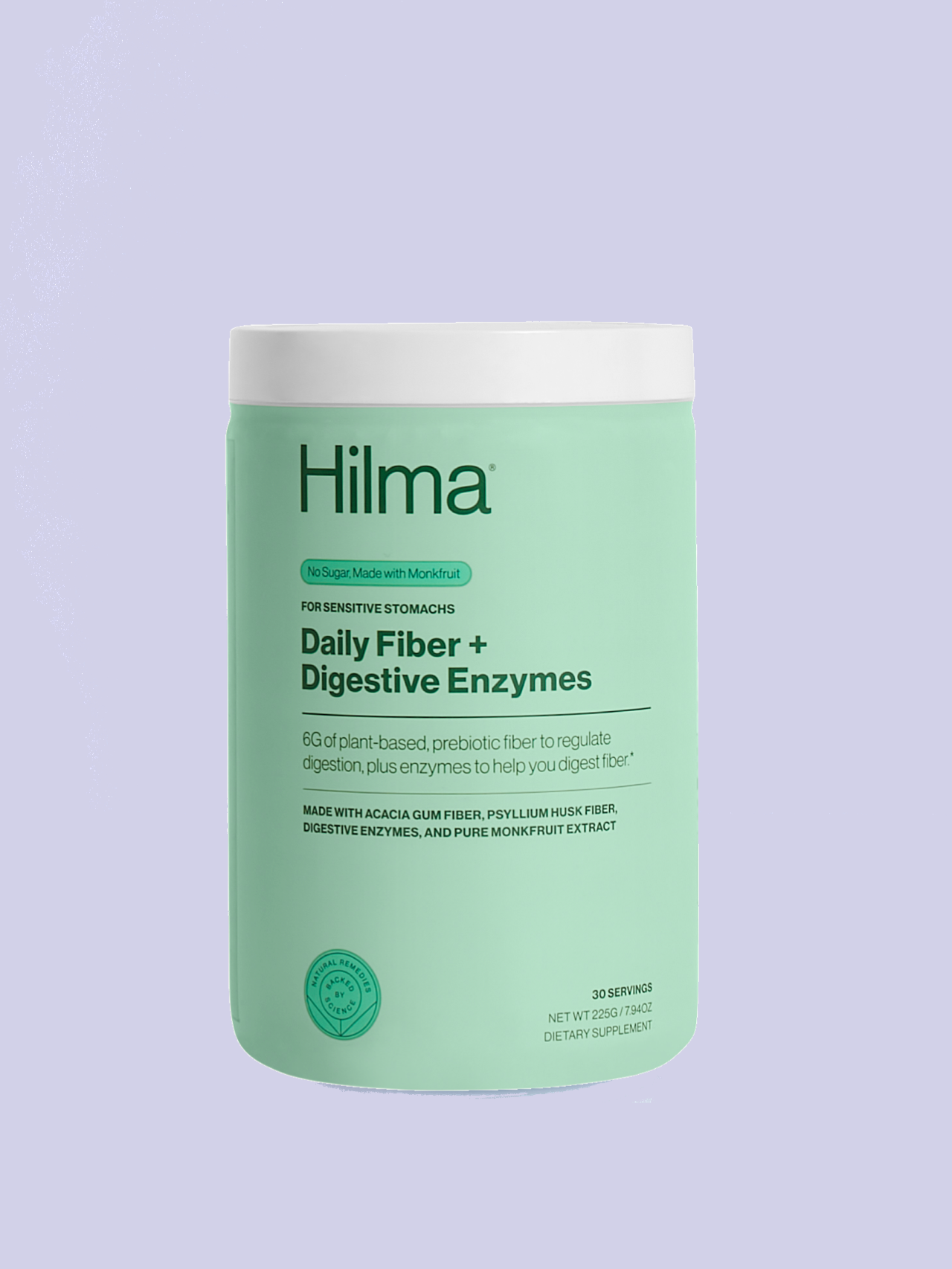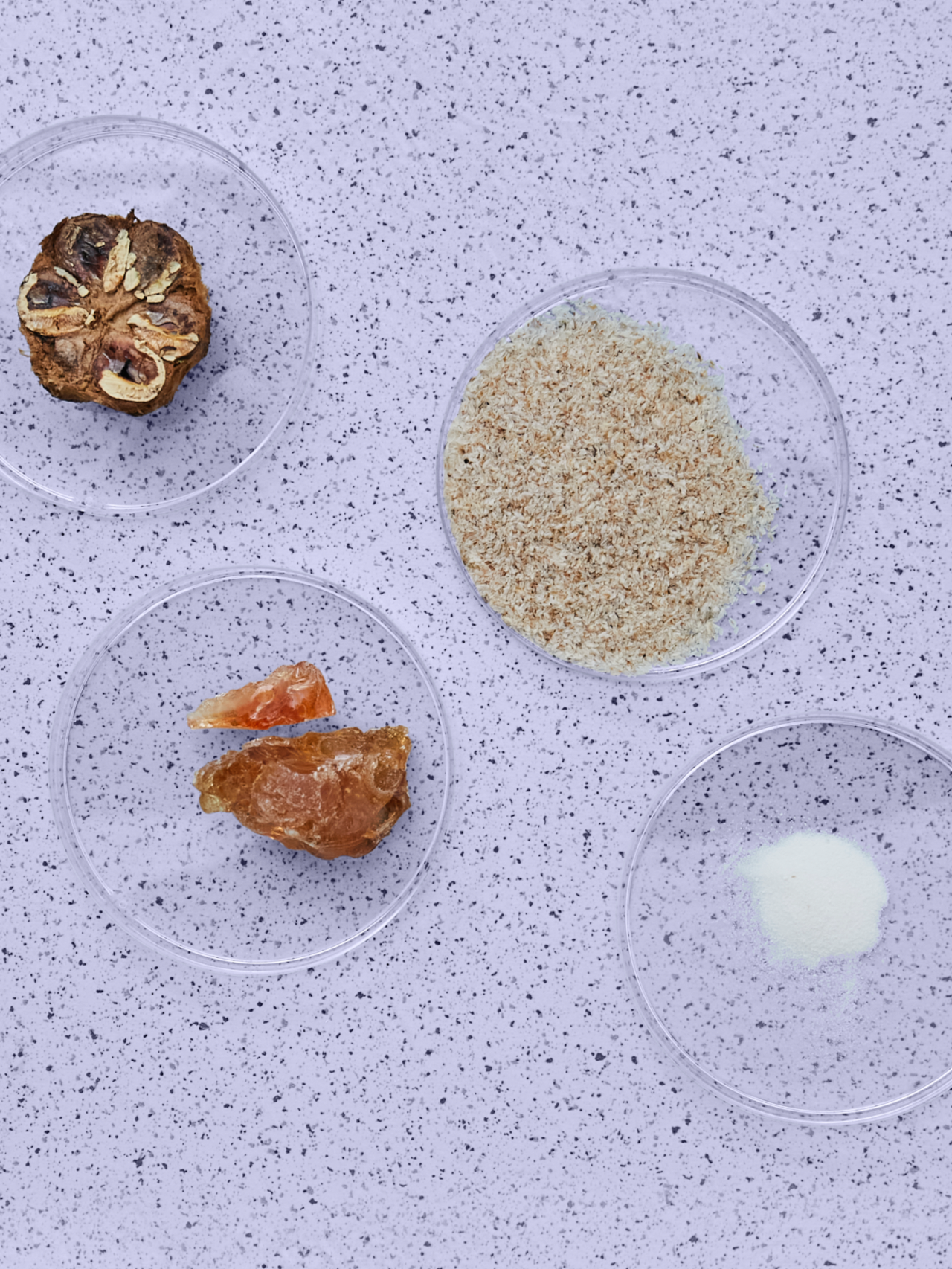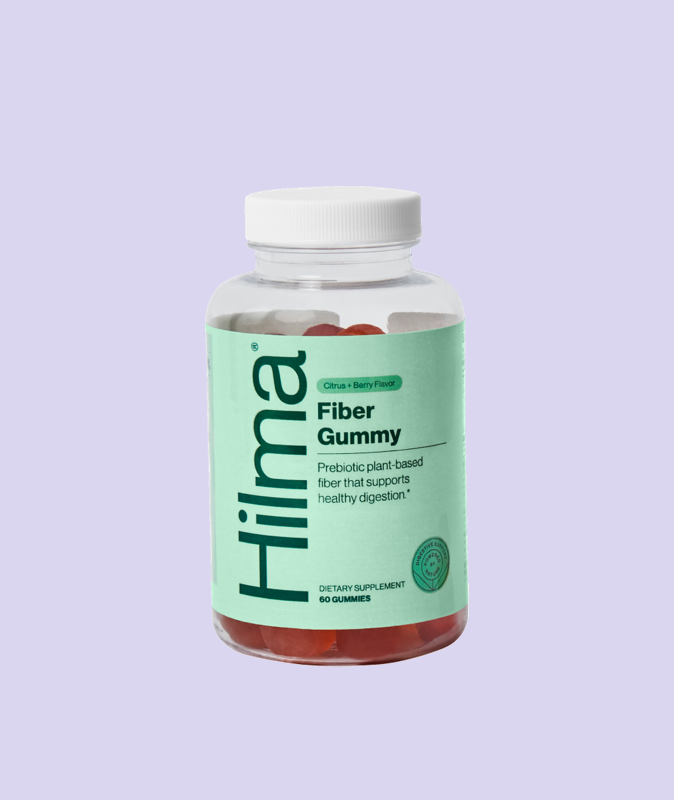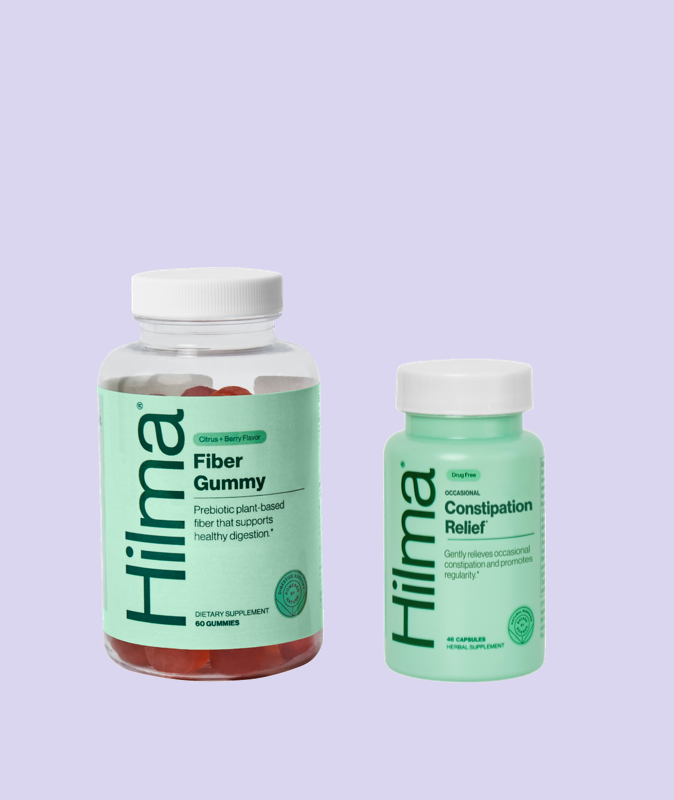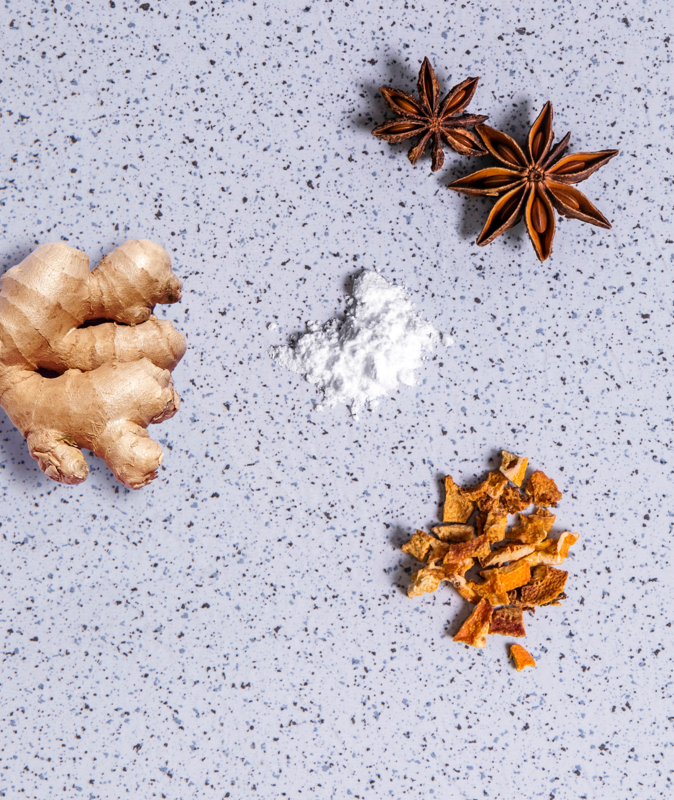
What is fiber and why is it important?
The first step to understanding why fiber can irritate your stomach is to understand what fiber is and why it’s so important for your health and well-being. Fiber, also known as dietary fiber or roughage, is a type of carbohydrate found in plant-based foods. Unlike other carbohydrates, such as sugars and starches, fiber cannot be broken down by the human digestive system. Instead, it passes through the digestive tract largely unchanged, providing a range of health benefits. Here are some key reasons why fiber is important for digestive health:
Promotes Regularity: Fiber adds bulk to stool, which helps move waste through the digestive tract more efficiently. This can prevent constipation and promote regular bowel movements.
Prevents Diverticular Disease: Adequate fiber intake can help prevent diverticula, small pouches that can form in the colon wall. High-fiber diets help maintain stool consistency and reduce pressure in the colon, lowering the risk of diverticular disease.
Supports Gut Microbiome: Fiber serves as a prebiotic, providing fuel for beneficial bacteria in the gut. These bacteria ferment fiber to produce short-chain fatty acids, which nourish the cells lining the intestine and support a healthy gut microbiome.
Aids in Weight Management: High-fiber foods are often lower in calories and more filling than low-fiber foods. Consuming fiber-rich foods can help control appetite, prevent overeating, and support weight management efforts.
Lowers Risk of Digestive Disorders: Fiber has been linked to a reduced risk of various digestive disorders, including hemorrhoids, gastroesophageal reflux disease (GERD), and colorectal cancer.
Regulates Blood Sugar Levels: Soluble fiber slows the absorption of sugar into the bloodstream, helping stabilize blood sugar levels. This can be beneficial for individuals with diabetes or insulin resistance.
Lowers Cholesterol Levels: Certain types of fiber, such as soluble fiber found in oats and legumes, can help lower LDL (bad) cholesterol levels by binding to cholesterol and promoting its excretion from the body.
Fiber comes in two main forms: soluble fiber and insoluble fiber. Soluble fiber dissolves in water to form a gel-like substance in the digestive tract, while insoluble fiber does not dissolve and adds bulk to stool.
Some common sources of fiber include fruits, vegetables, whole grains, legumes, nuts, and seeds. Including a variety of fiber-rich foods in your diet is important for maintaining digestive health, promoting regular bowel movements, controlling blood sugar levels, lowering cholesterol levels, and reducing the risk of chronic diseases such as heart disease, diabetes, and certain types of cancer.
Why does fiber irritate some people’s stomach?
In the realm of digestive health, fiber is often hailed as a hero. It aids in digestion, promotes regularity, and supports overall gut health. However, for some individuals, fiber can be a source of discomfort, causing irritation and digestive woes. Understanding why fiber irritates certain stomachs and how our Daily Fiber + Digestive Enzymes can alleviate these issues is crucial for optimizing digestive wellness.
Fiber intolerance isn't a common phenomenon for most people. However, individuals with conditions such as irritable bowel syndrome (IBS) or gastroparesis (delayed gastric emptying) may experience adverse reactions to fiber. Even among those without diagnosed conditions, there exists a wide spectrum of fiber tolerance, influenced by factors like soluble versus insoluble fiber content and individual gastrointestinal sensitivity.
How does Daily Fiber + Digestive Enzymes make it easier to digest fiber?
Enter our Daily Fiber + Digestive Enzymes. We developed a solution designed to make fiber digestion easier and more comfortable. Our innovative blend contains three key ingredients: acacia gum, psyllium husk fiber, and fiber digestive enzymes.
Psyllium husk fiber is a type of soluble fiber derived from the seeds of the Plantago ovata plant, native to regions of Asia, the Mediterranean, and North Africa. It is widely recognized for its remarkable ability to promote digestive health and support overall well-being. Studies have shown that acacia gum fiber, also known as gum arabic, may be gentler for individuals with sensitive stomachs compared to other types of fiber. Acacia gum fiber is a soluble fiber derived from the sap of the Acacia senegal and Acacia seyal trees, and it has been traditionally used for its medicinal and dietary properties.One reason why acacia gum fiber may be well-tolerated by those with sensitive stomachs is its gentle action in the digestive tract. Unlike some other fibers that can be fermentable and may cause gas or bloating in some individuals, acacia gum fiber is less likely to cause these digestive discomforts. Its soluble nature allows it to dissolve readily in water, forming a solution that is easily digested and absorbed by the body. Both psyllium husk fiber and acacia gum fiber are renowned for their digestive benefits and are generally well tolerated by most individuals.
Acacia gum and psyllium husk fiber offer a plethora of health advantages beyond simply aiding digestion. Studies suggest that these ingredients possess prebiotic properties, meaning they promote the growth of beneficial gut bacteria, such as Bifidobacterium species. Moreover, they can enhance the production of butyrate, a short-chain fatty acid associated with a healthy gut environment.
Furthermore, acacia gum and psyllium husk fiber have been linked to cholesterol and glucose regulation, making them valuable additions to a balanced diet, especially for individuals concerned with heart health or blood sugar management. Additionally, these fibers increase feelings of fullness, aiding in weight loss or weight maintenance efforts.
But we didn’t want to stop there. Our Daily Fiber + Digestive Enzymes also includes fiber digestive enzymes which help you digest fiber by breaking down the complex carbohydrates found in fiber-rich foods into smaller, more easily digestible molecules. Fiber is made up of long chains of sugar molecules that the human body cannot fully break down on its own. That’s why digesting fiber can cause bloating and discomfort for some people.
Daily Fiber + Digestive Enzymes is a game-changer for those seeking to optimize their digestive health. By harnessing the power of acacia gum and psyllium husk fiber, this innovative formula not only supports smoother digestion of fiber but also provides a host of additional benefits for overall gut wellness.
While fiber intolerance may present challenges for some individuals, solutions like Daily Fiber + Digestive Enzymes offer hope and relief. Finding a way to consume the recommended 25-35 grams of fiber per day, without pain and discomfort is a game-changer for many people. By understanding the nuances of fiber digestion and selecting supplements crafted with high-quality ingredients, you can embark on a journey towards improved digestive health and overall well-being.
